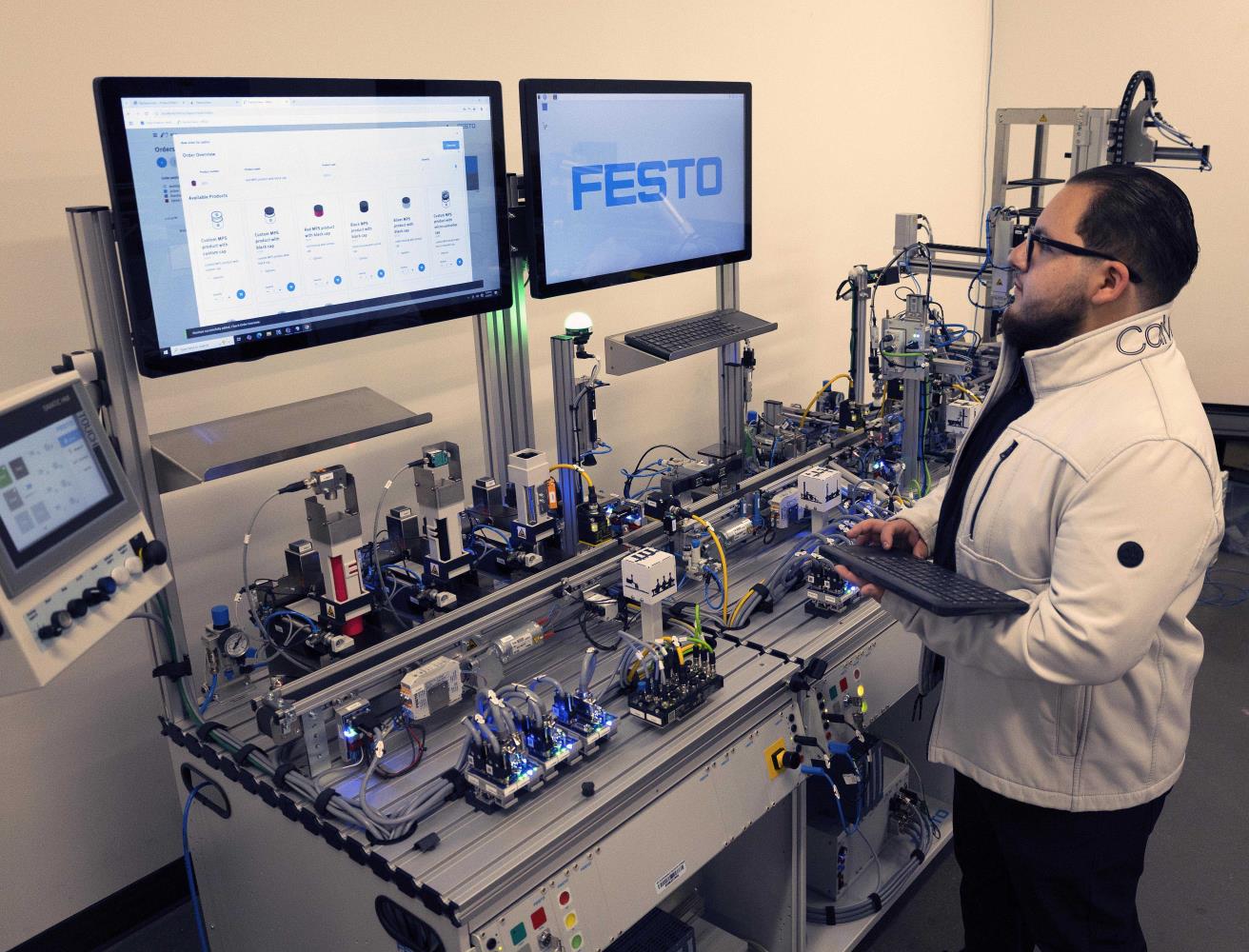End the Cull: UK Tech Breakthrough Could Save Millions of Male Chicks Each Year

Every year, a staggering 45 million male chicks face a tragic fate in the UK – being culled shortly after hatching simply because they aren’t female and won’t produce eggs or meat efficiently. This practice, driven by the economics of the egg industry, is a deeply concerning ethical issue and a source of immense animal suffering. But the good news is, innovative technology now offers a viable solution, and the UK government has the power – and the responsibility – to implement it.
The Problem: A Heartbreaking Reality
The vast majority of eggs consumed in the UK come from layer hens. When these hens hatch, they are sorted by gender. Female chicks are destined to become egg-laying hens, while male chicks, deemed ‘unproductive’ in the egg industry, are considered a financial burden. The current standard practice is to kill these male chicks shortly after hatching, often through methods like maceration (grinding) or gassing. This results in a massive annual loss of life – 45 million chicks in the UK alone – and raises serious questions about our treatment of animals.
The Technological Solution: Sexing by In-Ovo Scanning
Fortunately, significant advancements in technology are offering a humane alternative. 'In-ovo sexing' technology allows for the determination of a chick's sex *inside the egg* several days before hatching. This means that male chicks can be identified and their eggs can be diverted from the incubation process, preventing their birth and subsequent culling. Several companies have developed promising methods, including using artificial intelligence and advanced imaging techniques to identify male embryos without damaging the egg.
Why the UK Can Lead the Way
The UK is uniquely positioned to become a leader in ending this cruel practice. Several factors contribute to this: a strong animal welfare ethos, a thriving technology sector, and a government increasingly focused on ethical and sustainable food production. Implementing in-ovo sexing technology would not only significantly reduce animal suffering but also demonstrate a commitment to higher welfare standards.
Government Action is Crucial
While the technology is available, widespread adoption requires government support and regulation. Possible steps include:
- Mandatory Implementation: Requiring all egg producers to adopt in-ovo sexing technology within a defined timeframe.
- Financial Incentives: Providing grants or tax breaks to help producers invest in the new technology.
- Research and Development: Funding further research to improve the accuracy and affordability of in-ovo sexing methods.
- Public Awareness Campaigns: Educating consumers about the issue and encouraging them to choose eggs from producers who use humane practices.
A More Compassionate Future
Ending the culling of male chicks is not just a matter of animal welfare; it's a matter of ethical responsibility. By embracing technological innovation and implementing supportive policies, the UK can demonstrate global leadership in creating a more compassionate and sustainable food system. The time for action is now – let's end this needless suffering and build a future where every life is valued.






